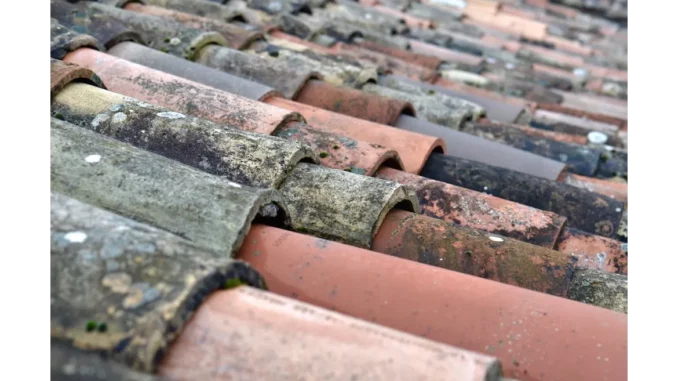
In the ever-evolving world of the UK property market, prospective homeowners often face a bewildering array of options. Among these are non-standard construction homes, which, while unique in their charm and appeal, come with their own set of challenges. To delve into the intricacies of purchasing such properties, I had the opportunity to sit down with Oliver Mason, a seasoned property consultant specialising in non-standard homes. Mason’s insights offered invaluable guidance for those considering this unconventional path.
Successful low-energy building design hinges on careful planning. Focus360 Energy can help.
Understanding Non-Standard Construction
Mason began by explaining the fundamental distinction between standard and non-standard construction homes. “Standard homes,” he noted, “are typically built with brick or stone walls and a pitched roof covered with slate or tile. Anything that deviates from this norm falls under the umbrella of non-standard construction.” This category can include properties with steel frames, timber frames, or even those built from materials like glass or thatch.
The allure of non-standard homes often lies in their uniqueness and character. However, as Mason cautioned, “these properties can be a double-edged sword. Their very nonconformity can lead to complexities in securing a mortgage and insurance, as well as challenges in maintenance.”
Securing a Mortgage
One of the first hurdles Mason highlighted is securing a mortgage for a non-standard construction home. “Lenders tend to view these properties as higher risk,” he explained. “The potential for structural problems or lower resale values makes them wary.” However, all is not lost. Mason advised working with a mortgage broker who specialises in non-standard properties. “They can connect you with lenders who are more open to considering these unique homes,” he added.
Insurance Considerations
Insurance is another significant consideration. “Insurers classify non-standard homes as higher risk,” Mason noted. This classification can lead to higher premiums or difficulties in obtaining comprehensive coverage. “It’s crucial to shop around for an insurer experienced in covering these types of properties,” Mason advised. “Make sure they understand the specific needs and risks associated with your home.”
The Importance of a Property Survey
Mason was emphatic about the necessity of conducting a thorough property survey. “A Level 3 Home Survey, formerly known as a Building Survey, is a must for non-standard properties,” he stated. This type of survey provides an in-depth inspection and can identify potential defects or issues. “Engaging a RICS qualified surveyor who understands the nuances of non-standard construction is essential,” Mason emphasised.
Maintenance and Repair Challenges
“Non-standard homes often require more specialised maintenance,” Mason pointed out. For instance, timber-framed houses need regular treatment to prevent rot and pest infestations, while steel-framed homes require protection against corrosion. “The materials and expertise needed for repairs can be less common,” he said, “which can drive up costs.”
Resale Value and Market Considerations
When it comes to resale value, non-standard homes can be a mixed bag. “These homes might be cheaper to buy initially but can be harder to sell,” Mason warned. The limited pool of potential buyers, coupled with concerns about financing and insurance, can affect marketability. However, Mason added, “if the property is well-maintained and located in a desirable area, it can still appeal to niche buyers who appreciate unique architectural styles or eco-friendly designs.”
Future Proofing and Renovation Potential
Mason concluded with a note on future-proofing and renovation. “Some non-standard homes can be modernised to improve their structural integrity and energy efficiency,” he said. Consulting with architects and builders who specialise in non-standard homes can help assess renovation potential. “Enhancements not only increase comfort and durability but can also enhance the property’s value and marketability.”
Final Thoughts
For those considering the purchase of a non-standard construction home, Mason’s insights provide a roadmap through a complex landscape. “While these homes come with challenges,” he reflected, “they also offer unique living experiences and the potential for value appreciation.”
In the end, the decision to invest in a non-standard construction home should be made with care and thorough research. As Oliver Mason’s experience shows, with the right guidance and preparation, these distinctive properties can become cherished homes that stand the test of time.
Lewis Davis


Be the first to comment